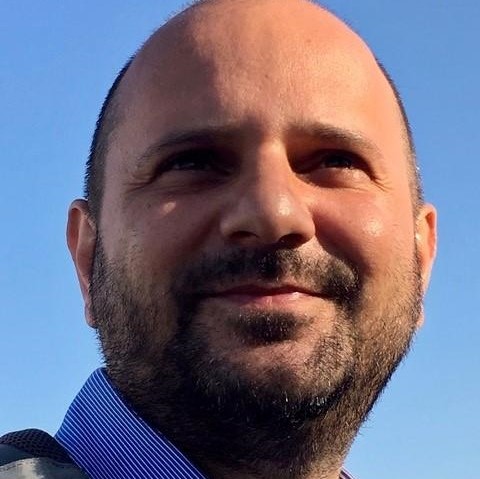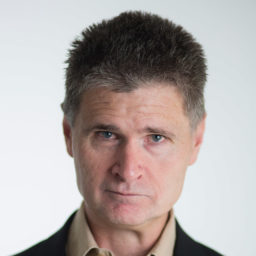
Recent plans by the Australian authorities to adopt legislation that would force large tech companies to pay for news media content shared on their platforms have stirred a heated debate. The planned law is expected to force companies such as Google and Facebook to negotiate payment for content with news media companies. Failure to agree on a sum would then require the intervention of an arbiter who will have the final say on setting the payment amount.
Tech behemoths such as Google and Facebook criticized the planned rules, threatening to take drastic steps if the legal provisions are adopted. Facebook is considering removing news from its feed. Google wants to go as far as removing its search engine from Australia. That would mean that 19 million people using Google and 17 million Facebook users in Australia will lose access to these services.
Will the Australian government go ahead and approve these legal provisions? If so, how will the news media be affected? What about the regular users? Will such legislation create what a Google official described as a “dangerous precedent”?
We will broach these questions, and more, with Benedetta Brevini, a journalist and professor at the University of Sydney, and Bernard Keane, political editor with the Australian magazine Crikey, in a conversation moderated by CMDS Director Marius Dragomir.
The event will be streamed live on the Center’s Facebook-page.
If you are interested in attending, please join the Facebook event as well.
ABOUT THE SPEAKERS
 Benedetta Brevini is a journalist, media activist and Associate Professor of political economy of communication at the University of Sydney. Before joining the academy she worked as journalist in Milan, New York and London for CNBC and RAI. She writes on The Guardian’s Comment is Free and contributes to a number of print and web publications including Index of Censorship, OpenDemocracy and the Conversation. She is the author of Public Service Broadcasting online (2013) and editor of Beyond Wikileaks (2013). Her latest volumes are Carbon Capitalism and Communication: Confronting Climate Crisis (Palgrave Macmillan, 2017), Climate Change and the Media (Peter Lang, 2018), and Amazon: Understanding a Global Communication Giant (Routledge, 2020). Her new volume “Is AI good for the planet” is forthcoming with Polity in 2021.
Benedetta Brevini is a journalist, media activist and Associate Professor of political economy of communication at the University of Sydney. Before joining the academy she worked as journalist in Milan, New York and London for CNBC and RAI. She writes on The Guardian’s Comment is Free and contributes to a number of print and web publications including Index of Censorship, OpenDemocracy and the Conversation. She is the author of Public Service Broadcasting online (2013) and editor of Beyond Wikileaks (2013). Her latest volumes are Carbon Capitalism and Communication: Confronting Climate Crisis (Palgrave Macmillan, 2017), Climate Change and the Media (Peter Lang, 2018), and Amazon: Understanding a Global Communication Giant (Routledge, 2020). Her new volume “Is AI good for the planet” is forthcoming with Polity in 2021.
 Marius Dragomir is the Director of the Center for Media, Data and Society. He previously worked for the Open Society Foundations (OSF) for over a decade. Since 2007, he has managed the research and policy portfolio of the Program on Independent Journalism (PIJ), formerly the Network Media Program (NMP), in London. He has also been one of the main editors for PIJ's flagship research and advocacy project, Mapping Digital Media, which covered 56 countries worldwide, and he was the main writer and editor of OSF’s Television Across Europe, a comparative study of broadcast policies in 20 European countries. He has spent the past decade in the media research field, specializing in media and communication regulation, digital media, governing structures of public service media and broadcasting, spectrum management, and ownership regulation. He has authored expert studies and articles on journalism and media policies that have been published and translated in more than 60 countries.
Marius Dragomir is the Director of the Center for Media, Data and Society. He previously worked for the Open Society Foundations (OSF) for over a decade. Since 2007, he has managed the research and policy portfolio of the Program on Independent Journalism (PIJ), formerly the Network Media Program (NMP), in London. He has also been one of the main editors for PIJ's flagship research and advocacy project, Mapping Digital Media, which covered 56 countries worldwide, and he was the main writer and editor of OSF’s Television Across Europe, a comparative study of broadcast policies in 20 European countries. He has spent the past decade in the media research field, specializing in media and communication regulation, digital media, governing structures of public service media and broadcasting, spectrum management, and ownership regulation. He has authored expert studies and articles on journalism and media policies that have been published and translated in more than 60 countries.
 Bernard Keane is an Australian journalist, the political editor of Crikey. Previously he was Crikey's Canberra press gallery correspondent, covering politics, national security and economics. He is also the author of several books dealing with politics and related issues, including Surveillance (2015), War On The Internet, and A Short History Of Stupid (with Helen Razer). Prior to his work with Crikey, Keane studied history at the University of Sydney, and then worked as a public servant and a speechwriter in transport and communications.
Bernard Keane is an Australian journalist, the political editor of Crikey. Previously he was Crikey's Canberra press gallery correspondent, covering politics, national security and economics. He is also the author of several books dealing with politics and related issues, including Surveillance (2015), War On The Internet, and A Short History Of Stupid (with Helen Razer). Prior to his work with Crikey, Keane studied history at the University of Sydney, and then worked as a public servant and a speechwriter in transport and communications.